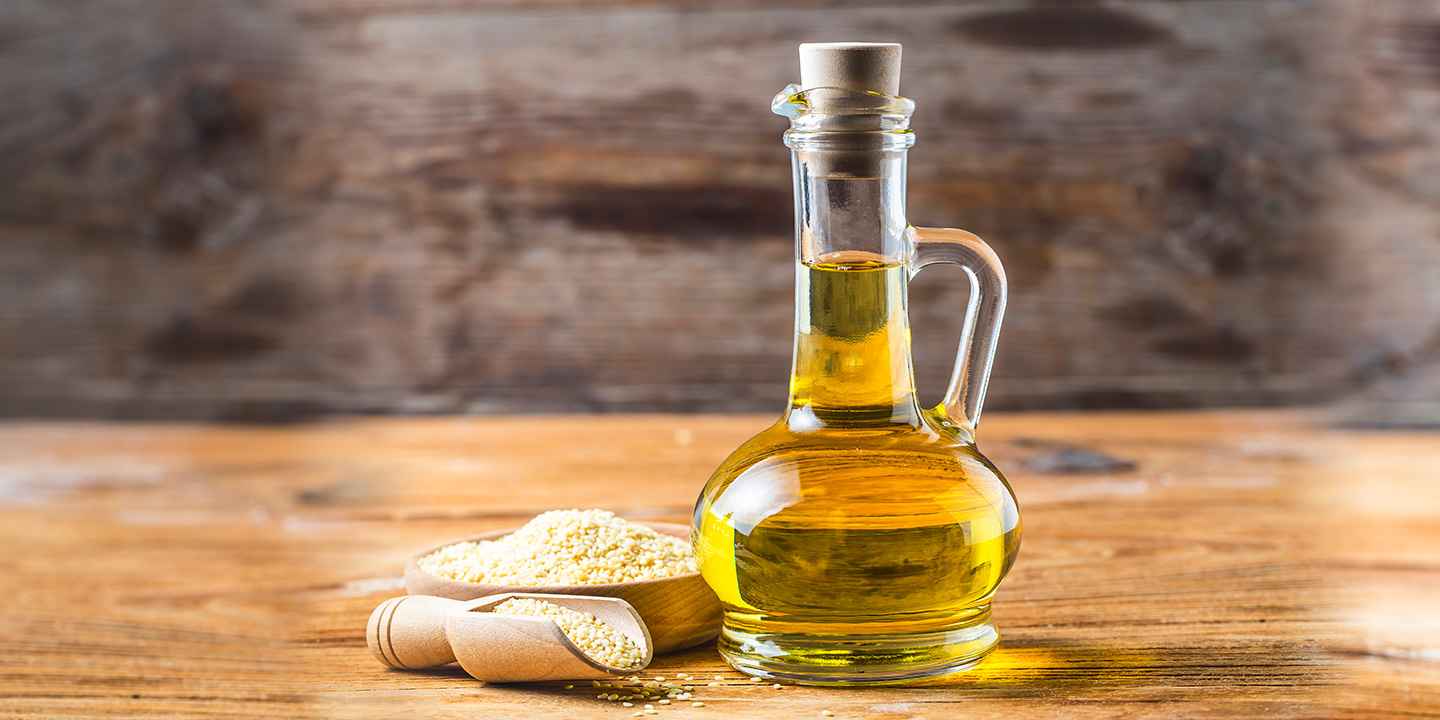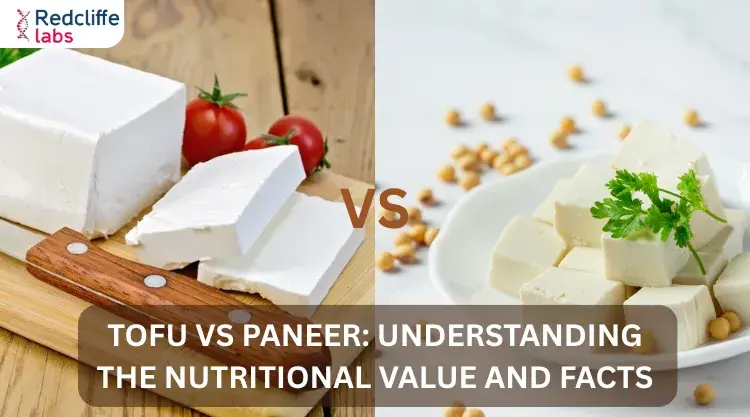Cooking Oil Guide: different types, which oil is good for health and how to pick the right one

Medically Reviewed By
Dr. Ragiinii Sharma
Written By Dr Divya Rohra
on Mar 28, 2022
Last Edit Made By Dr Divya Rohra
on Jan 10, 2025

Cooking oil is one of the most important ingredients in preparing the Indian diet. The majority of the food in India is fried in cooking oil. With the availability of so many different kinds and flavours of food, it often becomes confusing as to which oil will be best suited. Usage of the right cooking oil for a specific purpose is very important.
In this article, we shall discuss about different types of oils, which oil is good for health and which is the right cooking oil for your needs.


Different types of cooking oils
Currently, the commercial market has a vast variety of cooking oils available for the consumers to choose from. The cooking oils that are most common are:-
Olive oil
-
Canola oil
-
Vegetable oil
-
Coconut oil
-
Sunflower oil
-
Avocado oil:
-
Almond oil
-
Peanut oil
Which Cooking Oil is Good for Health?
Among all the options available in the market, Olive oil is considered as the best cooking oil for your health. It is always recommended to replace your current cooking oil with olive oil as much as you can. The major benefits of olive oil include:- Lowers the level of bad cholesterol also known as low-density lipoprotein (LDL)
- Increases the level of good cholesterol also known as high-density lipoprotein (HDL)
- Contain beta carotene
- Contain vitamins like A, E, D, and K
- Extra virgin olive oil contains the lowest oxidation rate. A high oxidation rate is known to damage human cells by promoting the formation of free radicals and highly reactive chemicals.
- Excellent source of antioxidants
- Contain hydroxytyrosol that are polyphenols having skin and body protecting capabilities.
How to pick the Right Cooking Oil?
The right cooking oil depends majorly upon the purpose for which you need to use the oil. The smoke point of cooking oil determines its purpose and usefulness. Smoke point refers to the temperature at which smoke is produced from the oil. The smoke point differs in each oil depending upon the constitution of the oil. The smoke produced by oil contains toxic fumes and free radicals. These radicals are injurious to health. As the refinement of the oil increases, the smoke point also increases.The Right Oil for Deep Frying, Browning, and Searing
Oils which have a high smoke point are most suitable for deep frying, browning, and searing purposes. The healthy cooking oils with high smoke points are tabulated below:| S.No. | Oil | % monounsaturated fat | % polyunsaturated fat | % saturated fat |
|---|---|---|---|---|
| 1 | Almond oil | 65 | 28 | 7 |
| 2 | Avocado oil | 65 | 18 | 17 |
| 3 | Hazelnut oil | 82 | 11 | 7 |
| 4 | Palm oil | 38 | 10 | 52 |
| 5 | Sunflower oil | 79 | 7 | 14 |
| 6 | Refined (light) olive oil | 78 | 8 | 14 |
Right oil for Stir-frying, Baking, and Oven cooking
The oils which have a medium-high smoke point are best for stir-frying, baking and oven cooking. The cooking oils with a medium-high smoke point are tabulated below:| S.No. | Oil | % monounsaturated fat | % polyunsaturated fat | % saturated fat |
|---|---|---|---|---|
| 1 | Canola oil | 62 | 31 | 7 |
| 2 | Grapeseed oil | 17 | 73 | 10 |
| 3 | Macadamia nut oil | 84 | 3 | 13 |
| 4 | Light virgin olive oil | 78 | 8 | 14 |
| 5 | Peanut oil | 48 | 34 | 18 |
Right oil for Low-heating, Sauces and Light Sauteing
The oil with a medium smoke point is considered best for low-heat, sauce and saute. The examples of such oils are tabulated below:| S.No. | Oil | % monounsaturated fat | % polyunsaturated fat | % saturated fat |
|---|---|---|---|---|
| 1 | Corn oil | 25 | 62 | 13 |
| 2 | Hemp oil | 15 | 75 | 10 |
| 3 | Pumpkin seed oil | 32 | 53 | 15 |
| 4 | Sesame oil | 41 | 44 | 15 |
| 5 | Soybean oil | 25 | 60 | 15 |
| 6 | Virgin coconut oil | 6 | 2 | 92 |
Right oil for Marinades, Dips and Dressings
The no heat oils are considered as the best oil for making marinades, dips and dressings. The no hot oils include the following:| S.No. | Oil | % monounsaturated fat | % polyunsaturated fat | % saturated fat |
|---|---|---|---|---|
| 1 | Flaxseed oil | 65 | 28 | 7 |
| 2 | Wheat germ oil | 65 | 18 | 17 |
| 3 | Walnut oil | 24 | 67 | 9 |
Takeaway
Cooking oils are the major part of our diet that is used in almost every food that we cook. Choosing the right oil can reduce the risk of developing health conditions and help us get the most benefit from our diet. Now that you know the best oil for a specific purpose, try including them in the process of your food preparation. It is however always recommended that you check the ingredients of the oil to avoid allergic reactions.Frequently Asked Questions (FAQs)
-
Which oil is good for maintaining cholesterol?
To maintain cholesterol levels, olive, canola, corn, sunflower and peanut oil are recommended. -
Which is the healthiest cooking oil available?
Olive oil is the healthiest cooking oil available in the market. -
What parameters should be considered for choosing right cooking oil?
The main parameters considered for a right cooking oil are:- Smoke point
- Fat content
- Ideal omega ratio
- Vitamin A, D and E
- Flavour



